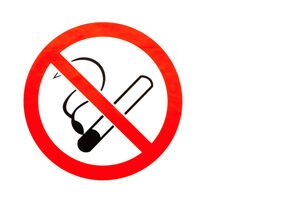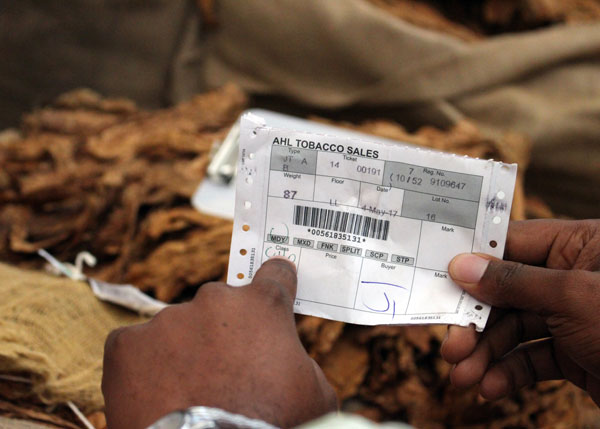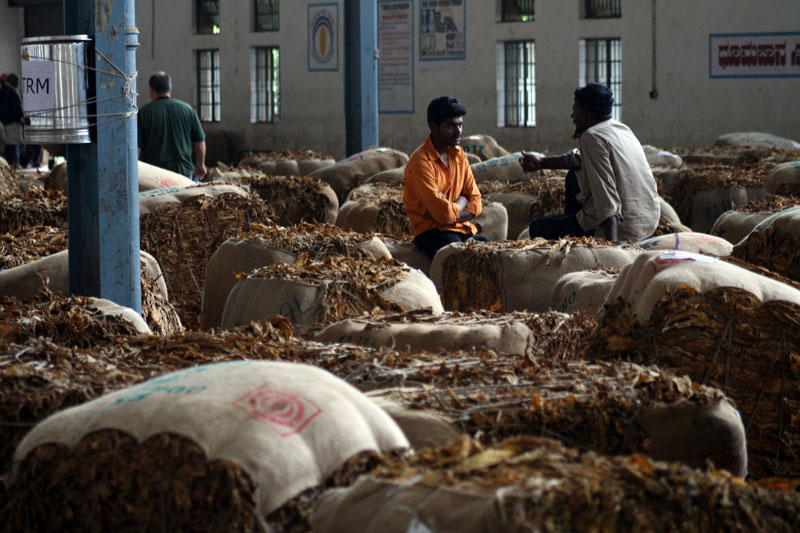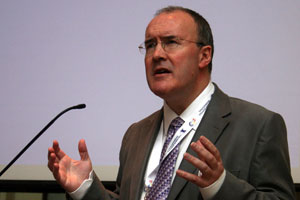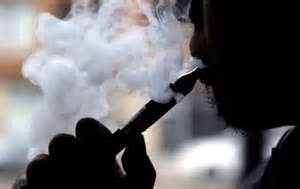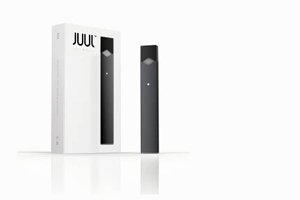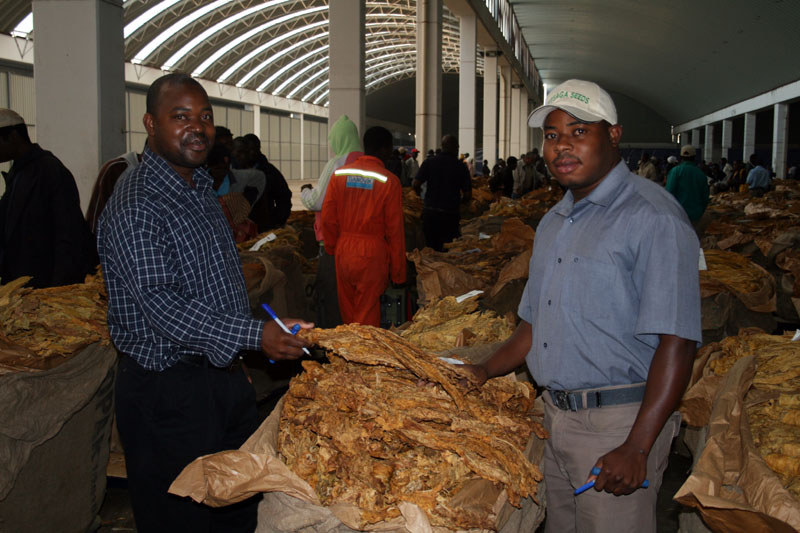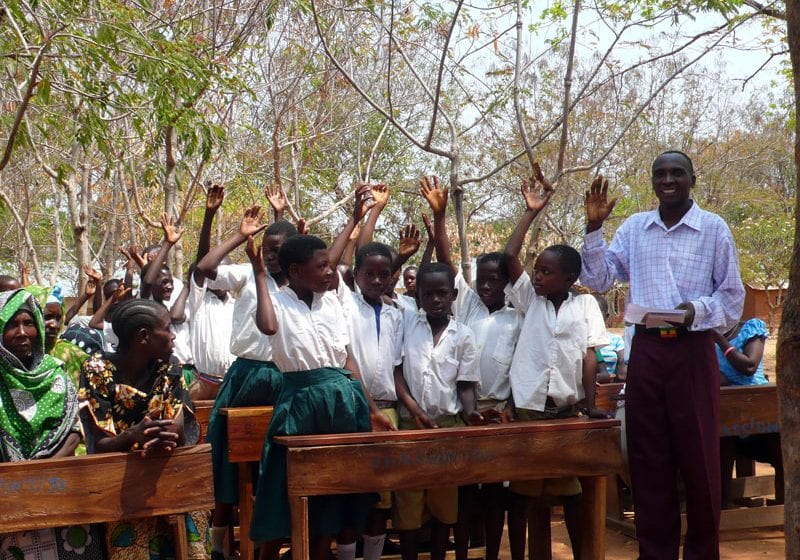Two award-winning non-profit groups that have led the fight against tobacco in Canada are preparing to close their doors after the money they had expected to receive as part of the most recent federal budget failed to materialize, according to a story by Gloria Galloway for the Globe and Mail.
Galloway reported that the Non-Smokers’ Rights Association (NSRA) and Physicians for a Smoke-Free Canada (PSC) had been limping along on a combination of savings, provincial help, and the work of volunteers since their federal funding was cut by the former Conservative government in 2012.
Health experts and organizations across Canada had expected that the Liberal government’s promise to renew the federal Tobacco Control Strategy, which expired on March 31, would include support for the two organizations.
Instead, the government has said the $11-million that was committed to the strategy this year and the $16-million promised for next year will be used to stop the influx of contraband tobacco and to pay for unspecified ‘targeted actions’ to help Canadians quit smoking.
The full story is at: https://www.theglobeandmail.com/politics/article-two-leading-canadian-anti-tobacco-groups-to-shut-down-after-ottawa/
Category: People

Anti-tobacco groups closing

Ban produces rapid results
The anti-smoking bill, which was introduced in the Czech Republic in May last year, has already had a positive effect on people’s health, according to a Radio Prague report citing the results of a study newly-released by the Prague-based Institute of Health Information and Data.
The comparative study, which covered the period between June 2016 and November 2017, was said to have shown that there were more than 13 percent fewer heart attacks and 16 percent fewer patients hospitalized with heart problems. It wasn’t stated, but has to be assumed, that the drop in such hospitalizations occurred after the introduction of the bill’s smoking ban.
Eva Králíková, the country’s leading anti-smoking campaigner, admitted that the figures were only preliminary, but said she believed that they ‘definitely show a positive trend’.
“The institute compared the number of hospitalizations due to acute heart attack and other cardiovascular diagnoses as well as acute asthma and the decrease was significant, especially in the age group under 60, which suggests that it happened due to smoke-free legislation, said Králíková.
There have been several attempts to turn the smoking ban into smoking restrictions, and the Lower House of Parliament is currently debating whether to pass a proposal put forward by Civic Democrat deputy Marek Benda.
The proposal envisages creating separate smoking areas in pubs with their own ventilation, and suggests that the owners of bars with an area of 80 square meters or smaller could decide whether or not to allow smoking.
But, at the same time, more than 2,000 Czech doctors have signed a petition opposing any attempts to re-open a debate on the smoking ban.
Prices dip to US$0.80 per kg
Malawi’s tobacco growers will be hoping that the first day of this year’s sales is not a pointer to the rest of the selling season.
According to a story in The Maravi Post, day one was marred by poor prices that came in as low as US$0.80 per kg.
Growers were said to have been angry at the prices buyers were offering.
They compared these prices with the work that went into producing the tobacco and found them wanting.
This year’s selling season was opened on Monday at the Lilongwe Auction Floors by President Peter Mutharika, who urged buyers to pay good prices. But, in the past, even the urgings and threats of presidents have fallen on deaf ears.
The poor start to the season occurred even though Malawi’s all-types crop is thought to be almost 14 percent below demand, due in part to unhelpful weather in some parts of the country. Tobacco production is estimated at 147.80 million kg against a demand of about 171.00 million kg.
Inkonsi Mbwerwa, the board chair of the Tobacco Control Commission, was said to have ‘downplayed’ the low-price concerns, arguing that quality ‘contributes to its prices’.
But, at the same time, the commission was said to be optimistic that Malawi’s tobacco might fetch high prices this year because demand was above the level of supply.
Tobacco marketing is due to start on April 11 at Chinkhoma; on April 16 at Limbe; and on April 23 at Mzuzu.
Prices increased in India
The average price paid to growers for flue-cured tobacco after 25 days of sales on auction floors in the Indian state of Andhra Pradesh was increased by about 1.5 percent on that at the comparable stage of the 2017 sales season, according to a story in the latest edition of the BBM Bommidala Group newsletter.
After the sale of 2.97 million kg of flue-cured tobacco this year, the average price stood at Rs157.31 per kg, up from Rs154.93 per kg last year following the sale of a similar quantity.
Sales which began on March 8, have been held at centers within the Southern Light Soil and Southern Black Soil areas.
They are due to open at the state’s East- and West-Godavari platforms tomorrow.
The Tobacco Board of India increased the authorized Andhra Pradesh crop size to 136 million kg for the 2017-18 season, but production is estimated at 125 million kg.
Meanwhile, flue-cured tobacco auctions are winding down in the state of Karnataka, where 104.79 million kg had been sold after 162 days of sales that started on September 8.
The Board authorized a crop of 99 million kg, but it is expected that it will end up at just over 106 million kg.
The newsletter said that the average price in Karnataka, at Rs139.67 per kg, was up on that of the previous season, but it did not mention by how much.
Jigsaws for prisoners
A report in the Scottish Sun describing how prisoners in Scottish jails could be given jigsaws and colouring books to wean them off cigarettes has been met with incredulity.
“Smoking is one of the few pleasures many prisoners enjoy,” said Simon Clark, director of the smokers’ group Forest.
“That’s why tobacco is an important currency in prison.
“It’s laughable to think you can replace it with jigsaws or colouring books.
“Smoking is not a right but if inmates wish to smoke there should be areas where they can light up without the long arm of the nanny state denying them that small comfort.
“If, on the other hand, the plan is to treat them like children, don’t be surprised if they behave like children.”
Indian students rebel
A decision by the authorities at the Indian Institute of Technology, Delhi (ILT-D), to take action against students found smoking and drinking on the campus has set off angry reactions, according to a story by Fareeha Iftikhar for DNA India.
The engineering students at the premier institute have been asked to sign an undertaking declaring that they won’t smoke cigarettes or consume alcohol on the premises.
Citing the country’s anti-drug laws, IIT-D has said that any violation could lead to ‘expulsion’.
According to the IIT-D administration, it issued the diktat after discussing a code of conduct with students’ representatives.
But the students, particularly those doing post-graduate work, are in no mood to buy this argument. Some do not believe that the diktat was ever part of the code of conduct.
The institute cannot have the same set of metrics for everyone at IIT-D, said a student pursuing a PhD in management. “We are not against the move as it is for the betterment of those who are in their early 20s,” the student was quoted as saying. “But why students above 25 are being directed to sign such undertakings of moral policing?”
The upset students at IIT-D say they plan to air their displeasure through social media.
The story is at: http://www.dnaindia.com/delhi/report-dna-exclusive-iit-delhi-students-fume-over-smoking-and-drinking-diktat-2602547.
NZ indecisive on e-cigs
New Zealand’s government-funded stop smoking services will keep losing customers if they refuse to help people who want to try vaping, according to a press note issued by Massey University and published by Scoop.
The services are said to be in a bind, however, because the legality of selling nicotine vaping products in New Zealand remains in doubt.
The previous National-led government claimed nicotine-vaping products could not be legally imported into and sold in New Zealand, but last year promised new regulations to allow the sale of nicotine e-cigarettes and e-liquids.
Last week National MP Nicky Wagner, who championed the promised law change, introduced a private member’s bill to try to get vaping back on the Labour-led government’s agenda.
Vaping researcher, Professor Marewa Glover, of Massey University’s School of Health Sciences, said that six months into the new Labour-led government’s term, all Associate Minister of Health Jenny Salesa had said on the matter was that she didn’t know what the government’s position on e-cigarettes was going to be.
“Two weeks ago, Judge Patrick Butler dismissed a Ministry of Health case against tobacco giant Philip Morris on the grounds that the IQOS Heets product could not be considered a ‘chewing’ tobacco product, which would be banned under the Smoke-Free Environments Act [SFEA],” Glover said. “His ruling could equally apply to nicotine vaping products, meaning they can be legally imported and sold in New Zealand.
“Of greater significance, he concluded that the Ministry of Health’s prosecution, which sought to restrict smokers’ access to an alternative less harmful product was the ‘opposite of what parliament sought to achieve when passing the SFEA’.”
Judge Butler’s questioning of the health authority’s attempt to undermine people’s chance to stop smoking by switching to the use of a reduced-harm product mirrors the perceptions of vapers reported in a new research paper by Trish Fraser of Global Public Health, and Glover and Dr. Penelope Truman of Massey University’s College of Health.
The full story is at: http://www.scoop.co.nz/stories/GE1804/S00011/stop-smoking-services-called-upon-to-support-vaping.htm
US panics over e-cig
In an opinion piece in the Washington Examiner, Paul Blair has condemned recent media attacks on the electronic cigarette JUUL as doing a disservice to consumer freedom.
‘In the last week alone, Time, the Wall Street Journal, the New York Times, NBC News, and dozens of local papers and news broadcasters have run hit pieces on America’s most popular electronic cigarette, JUUL,’ he said in his piece published on April 6. ‘This moral panic isn’t organic. It is a co-ordinated attack orchestrated by nanny-state activists funded by the likes of Mike Bloomberg. These crusaders are doing a great disservice to consumer freedom without regard for the truth or its impact on public health. We deserve better.’
Blair pointed out that vapor products have been on the market for nearly a decade and that, during that time, teen smoking rates have plummeted to the lowest levels they’ve been in history, according to the Centers for Disease Control and Prevention.
What was recent was simply the dramatic growth in JUUL’s market share compared to the shares of others. In public affairs, it was easier to demonize one company than an entire industry, he said. That’s what was happening here.
Blair’s piece is at: https://www.washingtonexaminer.com/opinion/the-crusade-against-juul-and-other-vaping-products-is-childish-even-for-tobacco-control.
Flue-cured prices increased
The average grower price for flue-cured tobacco during the first nine days of Zimbabwe’s 2018 marketing season was up by nearly 13 percent on that of the comparable period of the 2017 season, according to a Bulawayo24 story citing figures from a Tobacco Industry and Marketing Board report.
Growers were said to have grossed US$25.8 million from the sale of 8.9 million kg of flue-cured delivered nine days into the 2018 marketing season.
By the same stage of the 2017 season, they had grossed US$26.6 million from the sale of 10.4 million kg.
Contract sales this year have earned US$21.0 million from the sale of about 7.0 million kg, for an average price of US$3.01 per kg.
Meanwhile, auction sales this year have earned US$4.6 million from the sale of 1.9 million kg, for an average price of US$2.42 per kg.
Experts have forecast tobacco output of 200 million kg this year on plantings down from 110,518 ha last season to 104,397 ha this season.
Cry for action on child labor
The global watchdog, Human Rights Watch (HRW), has urged Zimbabwe to take urgent steps to stem child labor and other rights abuses on the country’s tobacco farms, according to a story in The Business Daily.
In a report entitled, Bitter Harvest: Child Labor and Human Rights Abuses on Tobacco Farms in Zimbabwe, the HRW revealed that children as young as 11 were working on tobacco farms, often in hazardous conditions, to earn school fees or supplement family incomes.
Workers were said to be exposed to nicotine and toxic pesticides, and to suffer symptoms consistent with poisoning, such as nausea and vomiting.
“Zimbabwe’s government needs to take urgent steps to protect tobacco workers,” said Margaret Wurth, co-author of the report.
The Business Day reported seasonal workers on some large-scale farms as saying they were pushed to work excessive hours without overtime and forced to go weeks or months without pay.
HRW called on the government to investigate and monitor child labor and human rights violations on tobacco farms.
President Emmerson Mnangagwa has promised to prioritize agriculture as he looks to revive Zimbabwe’s moribund economy.
The HRW report is at: https://www.hrw.org/report/2018/04/05/bitter-harvest/child-labor-and-human-rights-abuses-tobacco-farms-zimbabwe


